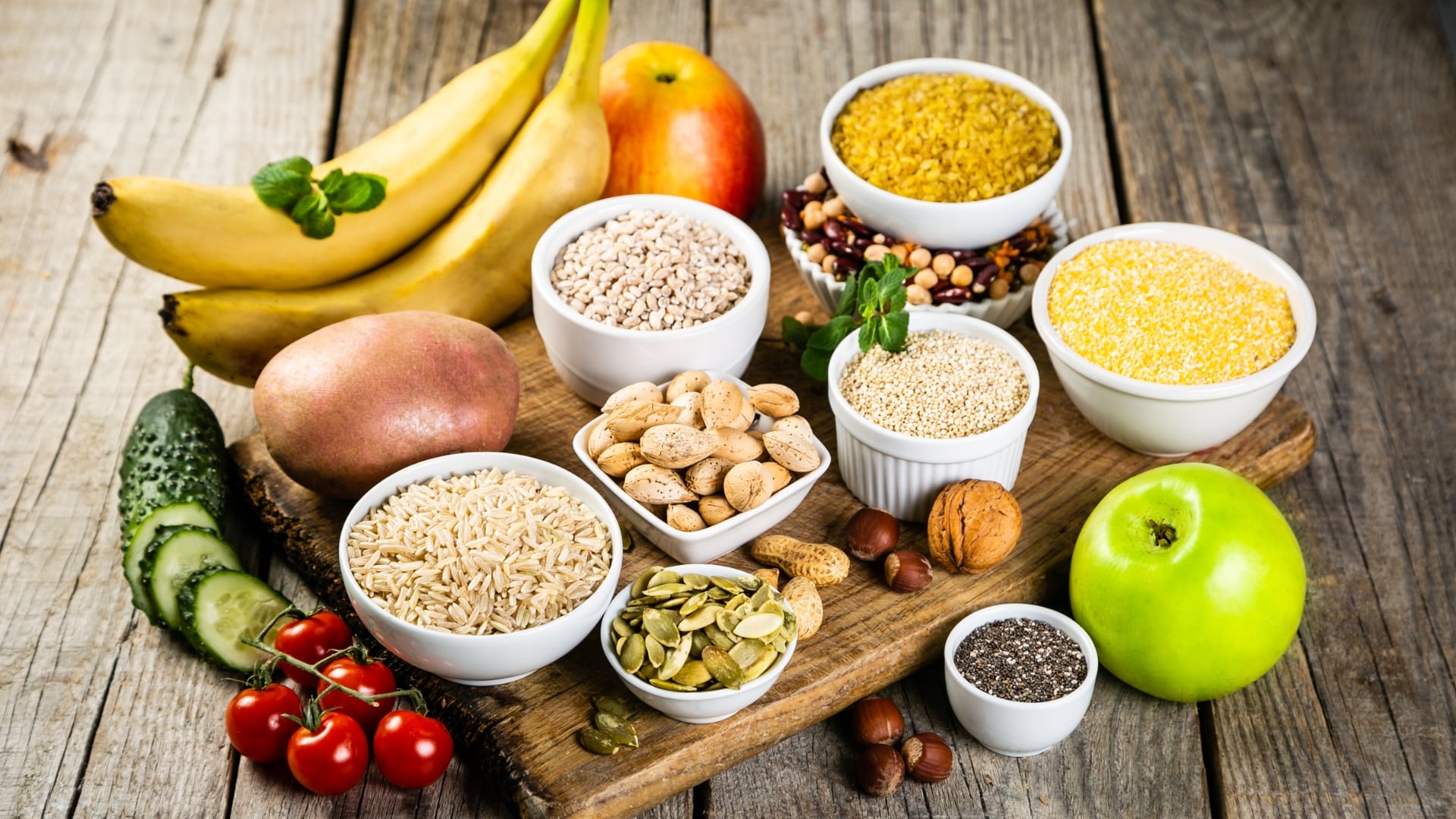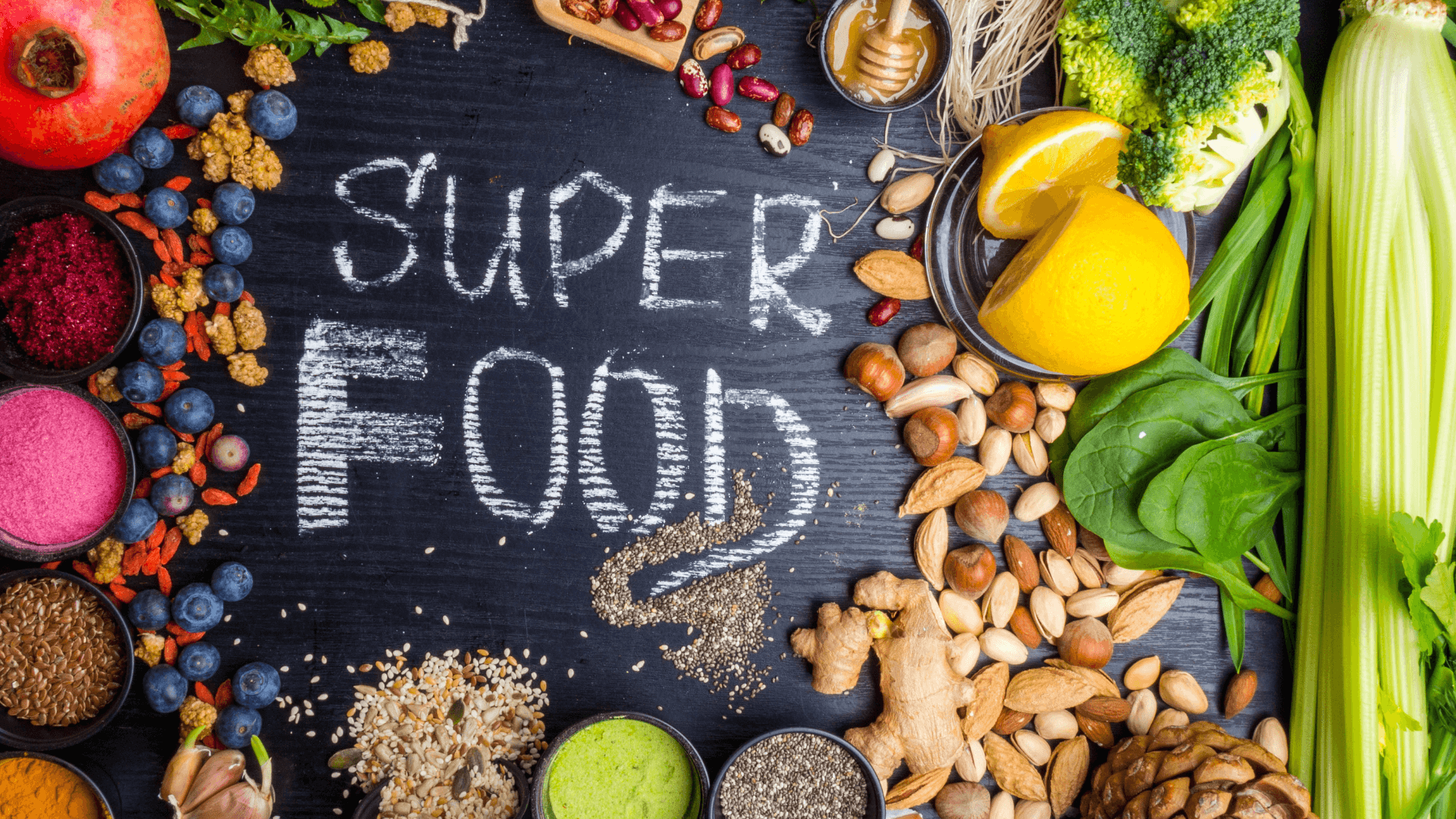A plant-based diet is a way of eating that prioritizes foods derived from plants. This includes vegetables, fruits, whole grains, legumes, nuts, and seeds. While some people use “plant-based” to describe veganism, it can also encompass other eating styles that focus on plants but include occasional animal products.
Table of Contents
- Definition of a Plant-Based Diet
- Key Features of a Plant-Based Diet
- Types of Plant-Based Diets
- Health Benefits
- Environmental Impact
- Tips for Transitioning to a Plant-Based Diet
- Conclusion
Plant-based diets have grown in popularity due to their health benefits, sustainability, and ethical considerations. Many studies highlight their role in reducing chronic diseases, supporting environmental conservation, and improving overall well-being. This comprehensive article explains what a plant-based diet entails, its benefits, types, and how to adopt it successfully.
Definition of a Plant-Based Diet
A plant-based diet centers on consuming foods that come directly from plants. These include whole, minimally processed fruits, vegetables, grains, and legumes. The diet limits or excludes animal products and processed foods.
However, it is important to note that the term is flexible. Some individuals on plant-based diets may eat small amounts of dairy, eggs, or meat occasionally. Others, like vegans, completely avoid animal-derived products.
Key Features of a Plant-Based Diet
Plant-based diets focus on health, sustainability, and simplicity. Below are the main features:
- Emphasis on whole, nutrient-rich foods like beans, lentils, and quinoa.
- Reduction or elimination of animal products.
- Minimization of processed foods, refined sugars, and additives.
- Inclusion of high-fiber, vitamin-packed fruits and vegetables.
Types of Plant-Based Diets
There are different variations of plant-based diets. These include:
- Vegan: Avoids all animal products, including dairy, eggs, and honey.
- Vegetarian: Excludes meat and fish but may include dairy and eggs.
- Flexitarian: Focuses on plant foods but allows occasional animal products.
- Whole-Food Plant-Based (WFPB): Consists entirely of unprocessed plant foods.
Health Benefits
A plant-based diet offers many health benefits. Numerous studies show it reduces the risk of chronic diseases and improves overall health. Below are some specific benefits:
- Heart Health: Lowers cholesterol and blood pressure, reducing the risk of heart disease.
- Weight Management: High fiber content supports a healthy weight.
- Diabetes Prevention: Helps regulate blood sugar levels.
- Digestive Health: Fiber-rich foods promote gut health and prevent constipation.
- Lower Cancer Risk: Plant nutrients and antioxidants may reduce cancer risk.
Environmental Impact
Adopting a plant-based diet significantly reduces your carbon footprint. Producing plant-based foods requires less water, land, and energy than raising animals. Furthermore, a plant-centered diet helps combat deforestation and biodiversity loss caused by livestock farming.
Transitioning to a plant-based lifestyle can contribute to a sustainable future. By choosing more plants and fewer animal products, you play a role in preserving natural resources.
Tips for Transitioning to a Plant-Based Diet
Switching to a plant-based diet may seem overwhelming at first, but with small steps, it becomes manageable. Here are some tips to help:
- Start with one plant-based meal per day.
- Incorporate more fruits and vegetables into your meals gradually.
- Experiment with plant-based protein sources like tofu, beans, and lentils.
- Find alternatives to your favorite animal-based dishes.
- Plan your meals to ensure balanced nutrition.
- Read food labels to avoid hidden animal ingredients.
Additionally, educate yourself about the nutritional needs of a plant-based diet. Pay attention to essential nutrients such as protein, iron, calcium, and vitamin B12.
Conclusion
A plant-based diet is a flexible and nutritious way of eating that prioritizes plant-derived foods. It offers numerous health benefits, supports sustainability, and aligns with ethical values. Whether you choose to go fully vegan or incorporate plants gradually, this diet can transform your health and reduce your environmental impact.
By making small, consistent changes to your eating habits, you can successfully transition to a plant-based lifestyle. Embrace the variety of whole foods, and enjoy the journey toward a healthier and more sustainable future.





